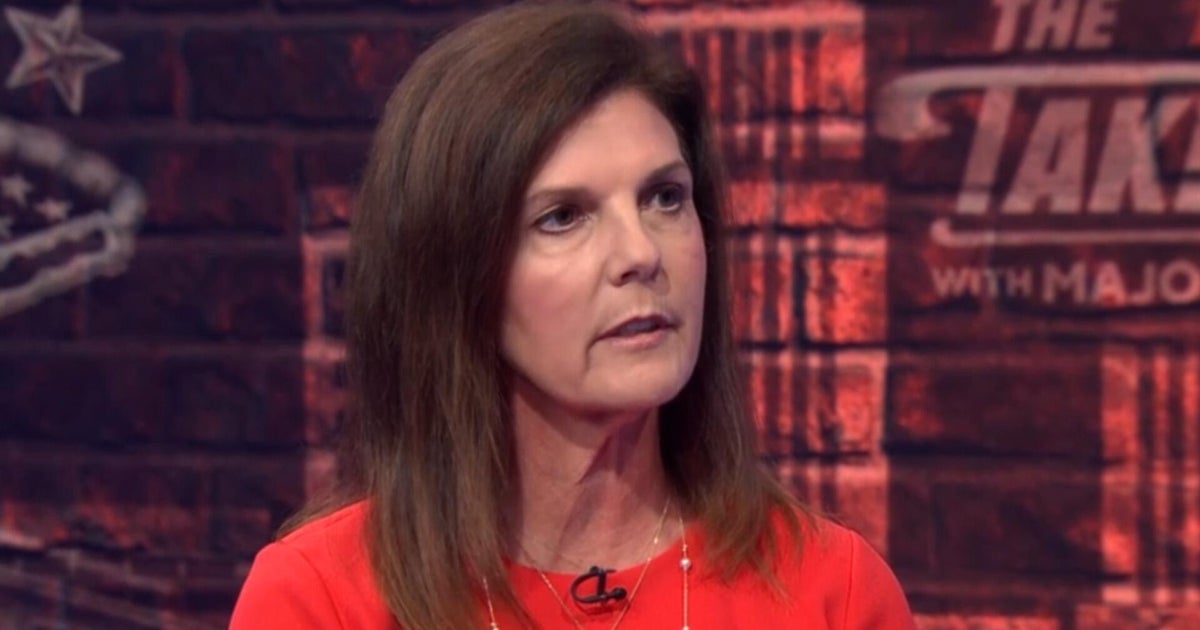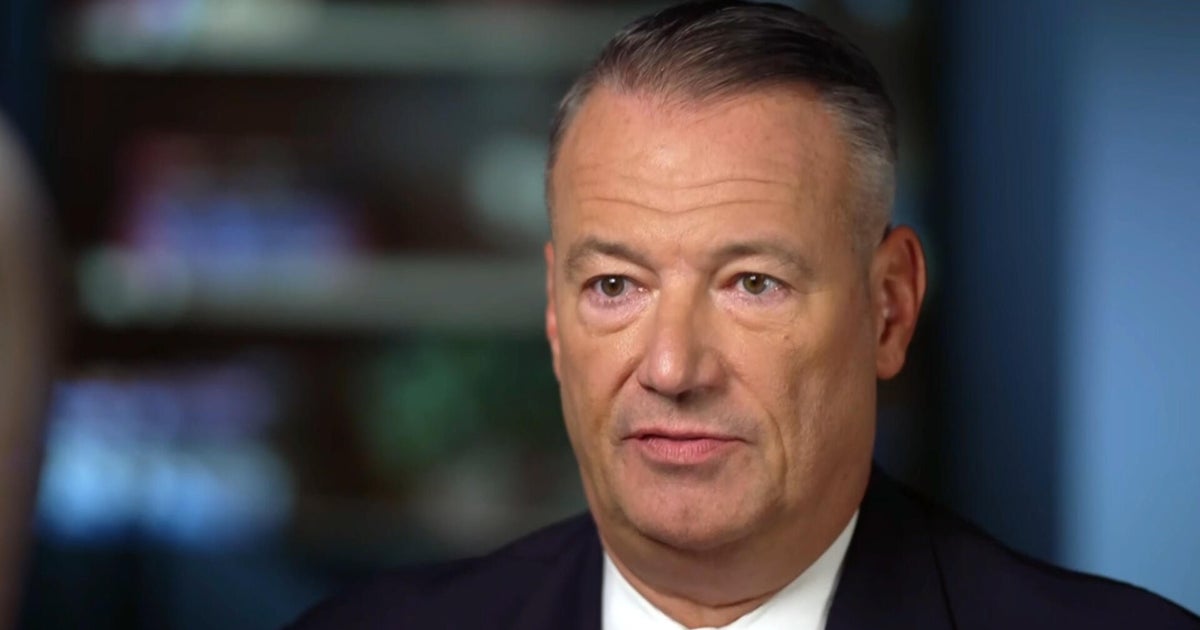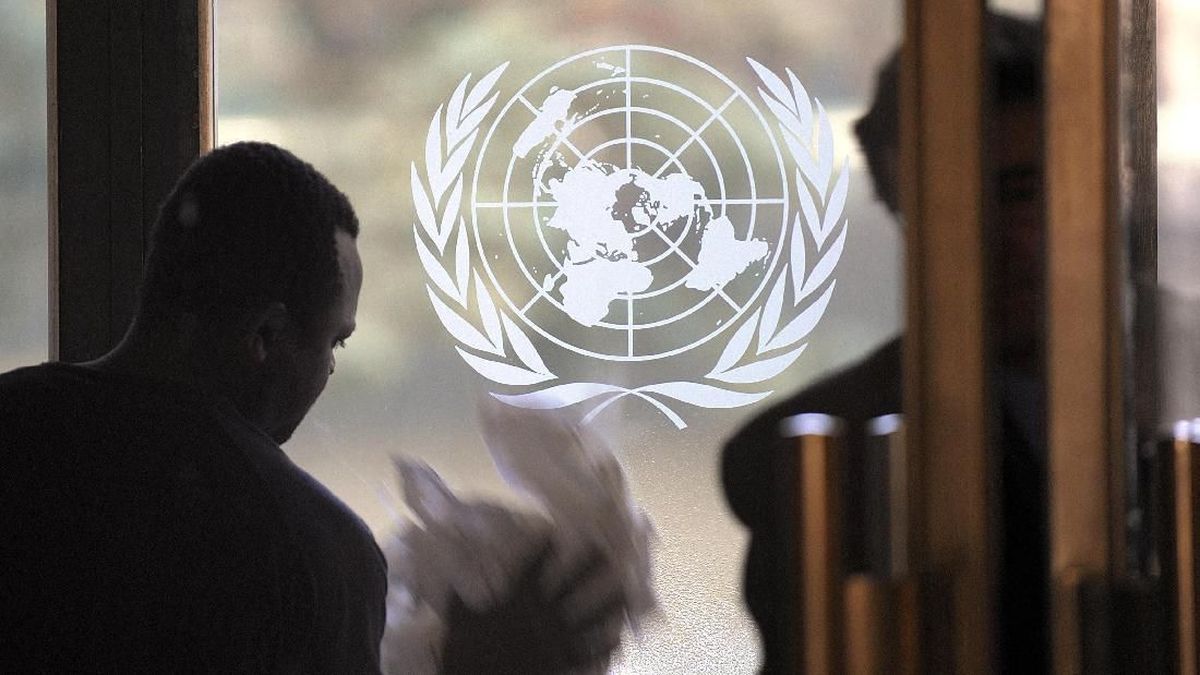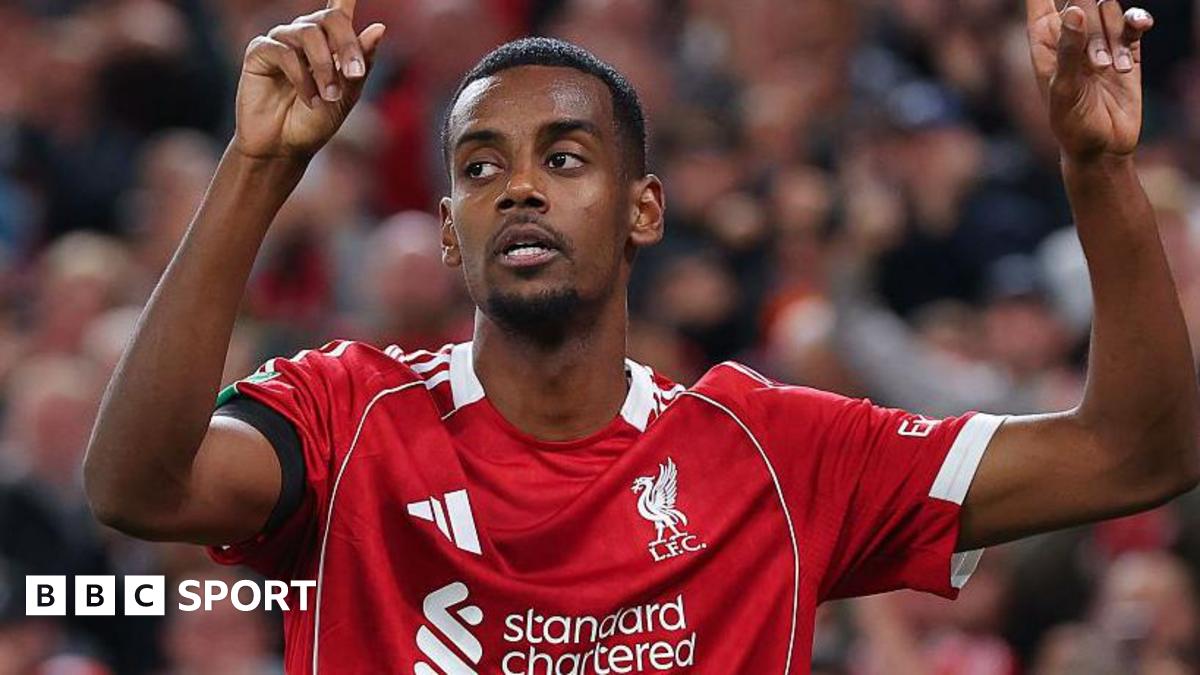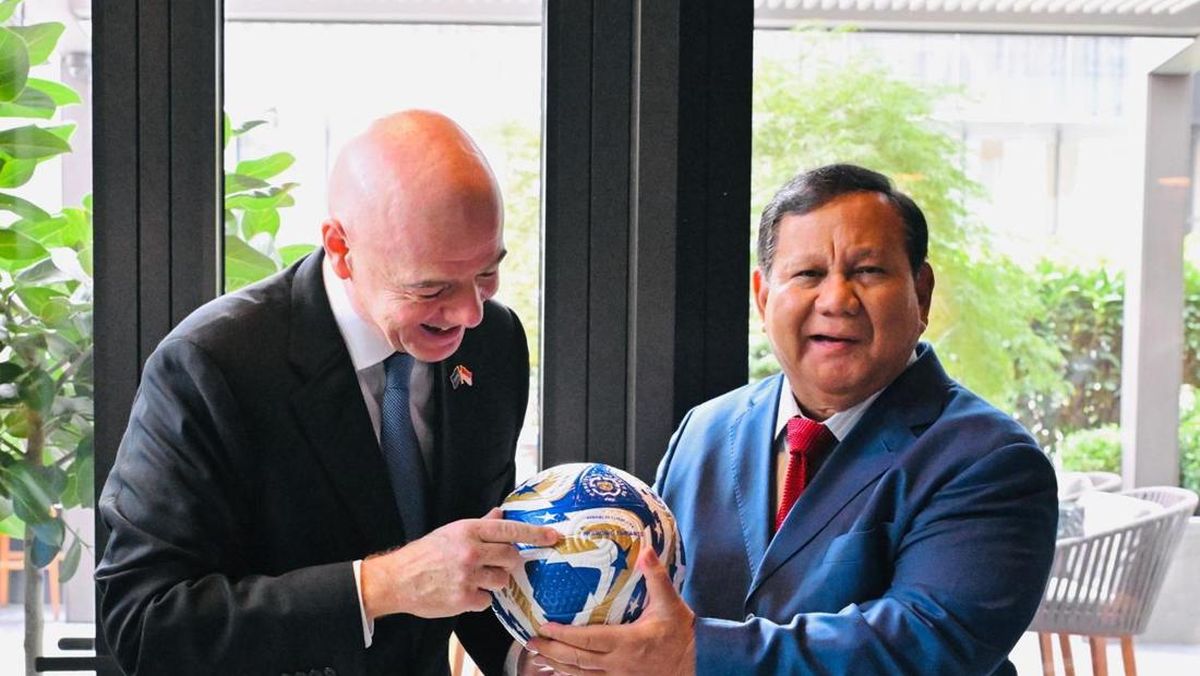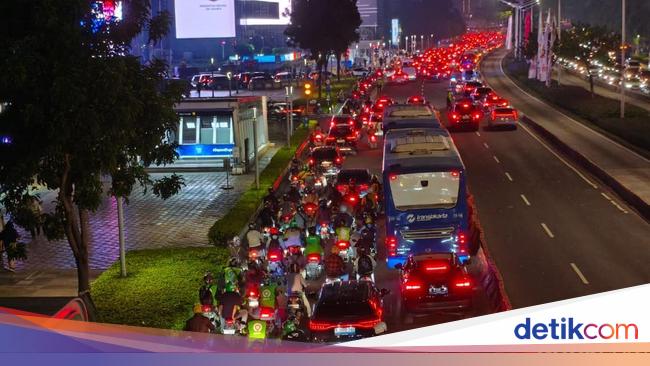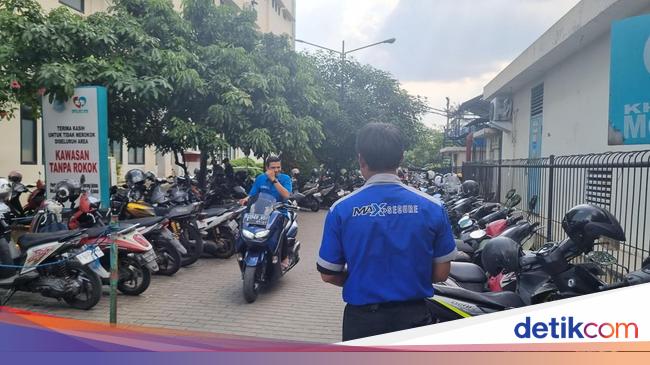New information on potential TikTok deal
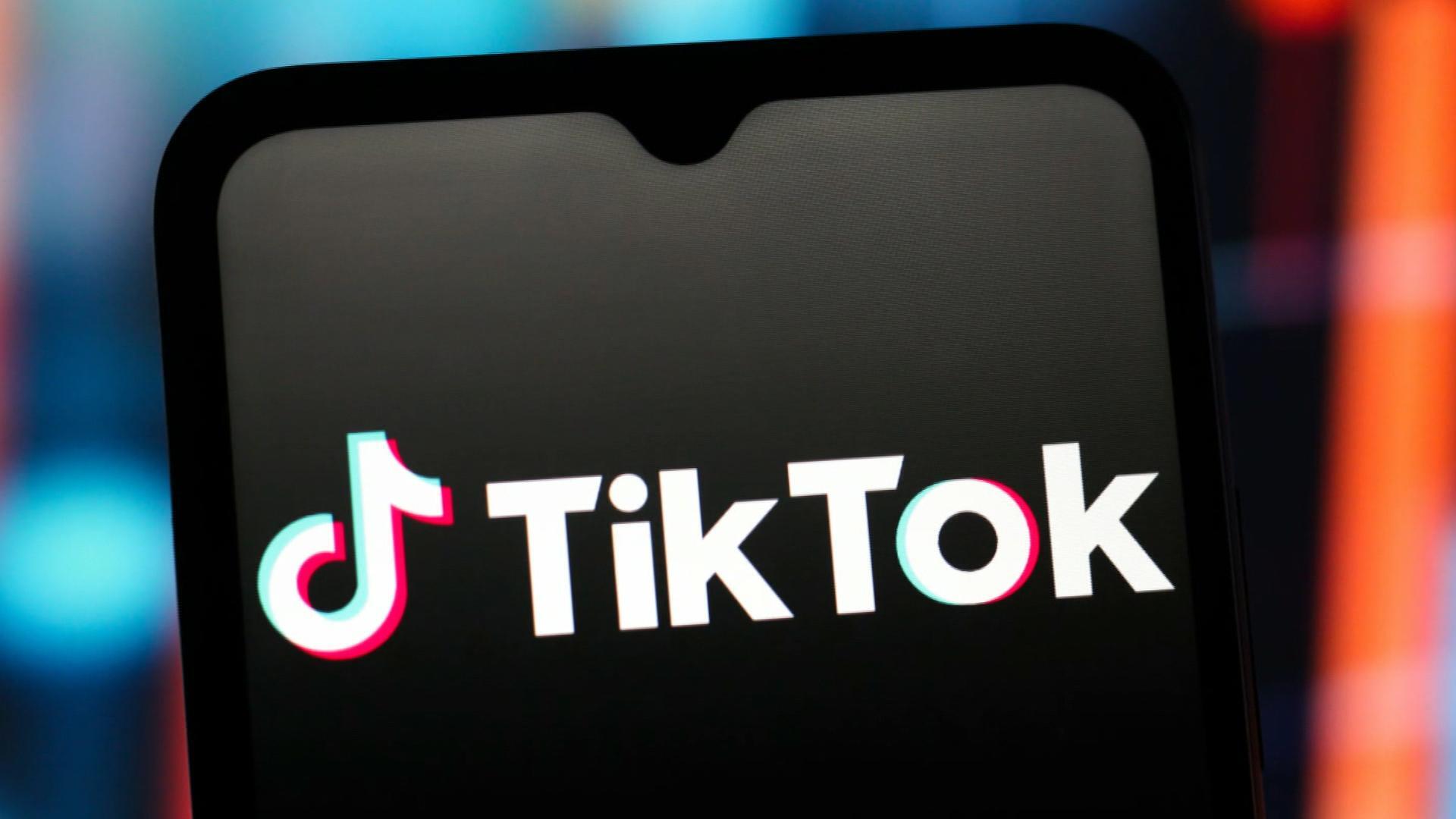
Washington — President Trump on Thursday is expected to sign a deal brokered by his administration to keep TikTok operating in the U.S., according to a White House official.
On Monday, a senior White House official said Mr. Trump would declare that the deal is a "qualified divestiture" and satisfies a law passed by Congress that requires TikTok's parent company to divest or face a ban. The declaration is expected to come in Mr. Trump's fifth executive order pushing back enforcement of the bipartisan law by 120 days to allow for an agreement on how the app operates in the U.S. to be finalized.
Under the law, TikTok's China-based parent company ByteDance must sever ties with TikTok or lose access to U.S. app stores and web-hosting services. Earlier this month, the president extended the enforcement pause until Dec. 16.
According to a senior White House official, under the deal, ByteDance's content recommendation algorithm that powers TikTok will be copied and retrained to run solely on the data of its U.S. user base. Cloud-computing firm Oracle will provide "top to bottom security" by hosting Americans' user data and reviewing the app's code to ensure "the algorithm is behaving appropriately and it's secure," the official said.
A consortium of American investors, including Oracle, will have a stake in TikTok, according to the official. (Oracle was cofounded by Larry Ellison, whose son David Ellison is the chairman and CEO of Paramount Skydance, which is the parent company of CBS. The Ellison family owns a controlling interest in Paramount Skydance.)
"We feel 100% confident that this proposal, if it's completed, complies with the law," the official said, adding that the White House believes it "complies with all the relevant laws and policies on both sides."
China's comments about what has been agreed to have been more vague.
The law, which was upheld by the Supreme Court, took effect a day before Mr. Trump's inauguration in January. Mr. Trump, however, has issued new orders every few months directing the Justice Department not to take action or impose penalties against companies like Apple and Google for failing to remove the widely popular app from their platforms.
But there's been limited pushback from lawmakers, who for years raised concerns about TikTok's potential risks to national security if the Chinese government was able to access the vast amount of Americans' data collected by the app or carry out influence operations through it.
Still, some could see the deal as not going far enough as it relates to TikTok's algorithm.
As details on the deal trickled out from the administration last week, Republican Rep. John Moolenaar of Michigan, the chairman of the House China Committee, expressed concern.
"Congress set clear legal safeguards for a deal, including precluding any cooperation with ByteDance or its affiliates on TikTok's recommendation algorithm, and prohibiting any ongoing operational relationship between a new TikTok and ByteDance," Moolenaar said in a statement. "Based on initial reports, I am concerned the reported licensing deal may involve ongoing reliance by the new TikTok on a ByteDance algorithm and application that could allow continued CCP control or influence."
The law says that there cannot be any operational relationship between the new owners and ByteDance, including any cooperation with respect to TikTok's algorithm and data sharing.
Congress, however, left it up to the president to ultimately determine what constitutes a "qualified divestiture." The law gives the president the power to decide, through an interagency process, whether "the relevant foreign adversary controlled application [is] no longer being controlled by a foreign adversary." It defines "controlled by a foreign adversary" as a company headquartered in a foreign adversary country and owning at least a 20% stake.
The senior White House official said the administration plans to engage "vigorously" with lawmakers "to show them what a great deal this is" for Americans while also making the app "safe and secure."
During the legal battle over the law, TikTok's lawyers said the app "would be a fundamentally different platform" if it was forced to cut ties with ByteDance because the new owner would have to rebuild the algorithm, which would take years. TikTok said the inability to share any data with ByteDance would mean that the app's 170 million American users would not be able to see videos shared by users from around the world and vice versa.
White House press secretary Karoline Leavitt said Monday that global content will still be accessible for American users.
Emma Nicholson contributed to this report.
Caitlin Yilek is a politics reporter at CBSNews.com, based in Washington, D.C. She previously worked for the Washington Examiner and The Hill, and was a member of the 2022 Paul Miller Washington Reporting Fellowship with the National Press Foundation.

